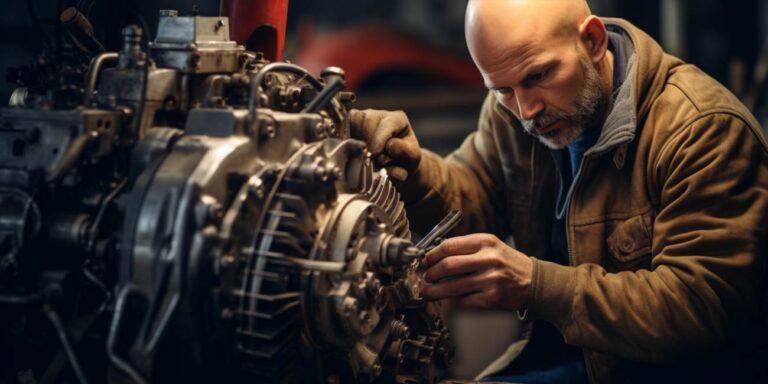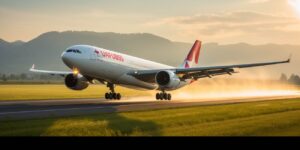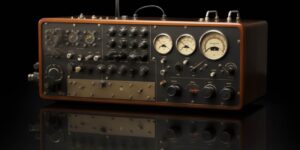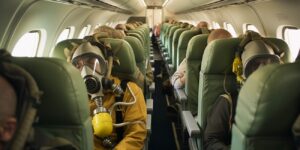Primarily, aspiring mechanics delve into formal education and specialized training programs to acquire the necessary knowledge. Pursuing coursework in aviation maintenance technology, aeronautical engineering, and mechanical engineering forms the foundation. Complemented by hands-on experience, these theoretical learnings are crucial in deciphering technical manuals, schematics, and blueprints which are intrinsic to the role.
Diagnostic skills rank high on the list of requisites. A proficient aircraft mechanic possesses the ability to identify and rectify issues through a systematic troubleshooting approach. They must interpret complex data, utilize diagnostic tools, and exhibit problem-solving finesse under pressure. An adept understanding of electrical systems and computerized diagnostic equipment is indispensable in this realm.
Attention to detail forms the cornerstone of success. Each task demands precision and adherence to stringent safety protocols. A meticulous eye for detecting even the most minute discrepancies ensures that every facet of aircraft maintenance is executed flawlessly. Moreover, exemplary time management skills are pivotal, especially in environments where quick turnarounds are imperative.
Equally crucial is the regulatory knowledge an aircraft mechanic must possess. Familiarity with Federal Aviation Administration (FAA) guidelines, regulations, and compliance standards is non-negotiable. Staying abreast of industry updates and technological advancements ensures that their practices align with the latest protocols.
Communication skills are often underrated yet indispensable. Effectively communicating technical information and maintenance reports to colleagues, engineers, and pilots is essential. The ability to collaborate seamlessly within a team fosters a conducive working environment and facilitates problem resolution.
Table:
| Skills Required to be an Aircraft Mechanic | Description |
|---|---|
| Mechanical aptitude | Understanding the intricacies of aircraft systems and components. |
| Diagnostic skills | Proficiency in troubleshooting and rectifying mechanical issues. |
| Attention to detail | Meticulousness in executing maintenance tasks with precision. |
| Regulatory knowledge | Familiarity with aviation regulations and compliance standards. |
| Communication skills | Effective communication of technical information within a team. |
Advanced technical skills required to work as an aircraft mechanic
Working as an aircraft mechanic demands a comprehensive skill set that goes beyond basic mechanical knowledge. Advanced technical competencies form the backbone of this profession, ensuring safety, precision, and efficiency in maintaining aircraft. Let’s delve into the key technical skills requisite for excelling in this field.
Mastery of Avionics Systems: Understanding the intricate web of avionics systems is paramount. Aircraft mechanics must be adept at troubleshooting, repairing, and maintaining avionics systems encompassing navigation, communication, flight control, and monitoring systems. Proficiency in interpreting wiring diagrams, using diagnostic tools, and addressing complex electronic issues is crucial.
Aircraft Structure and Powerplant Expertise: In-depth knowledge of aircraft structure and powerplants is indispensable. Mechanics need to comprehend aircraft anatomy, from the fuselage to the wings, and possess expertise in powerplant systems, including engines and auxiliary power units. They must diagnose, service, and overhaul these components with precision.
| Mechanical Proficiency | Specialized Tool Proficiency |
|---|---|
| Understanding mechanical systems, hydraulics, pneumatics, and fuel systems. | Ability to use specialized tools like torque wrenches, micrometers, and diagnostic equipment. |
| Expertise in engine overhaul, troubleshooting, and maintenance. | Efficient use of computerized diagnostic software for precise analysis. |
Regulatory Knowledge: A thorough grasp of aviation regulations is indispensable. Mechanics must adhere to stringent safety standards outlined by aviation authorities. Knowledge of FAA (Federal Aviation Administration) regulations or EASA (European Union Aviation Safety Agency) guidelines is mandatory, ensuring compliance and airworthiness of aircraft.
Problem-solving Aptitude: The ability to swiftly and accurately diagnose issues is a hallmark of a skilled aircraft mechanic. They must possess problem-solving aptitude to troubleshoot complex problems efficiently. Attention to detail, logical reasoning, and critical thinking are imperative to identify and resolve issues promptly.
Continuous Learning: Given the evolving nature of aviation technology, a commitment to continuous learning is indispensable. Keeping abreast of technological advancements, attending training programs, and seeking certifications is crucial to stay updated and maintain competence in the ever-evolving aviation industry.
Key soft skills that aircraft mechanics should possess
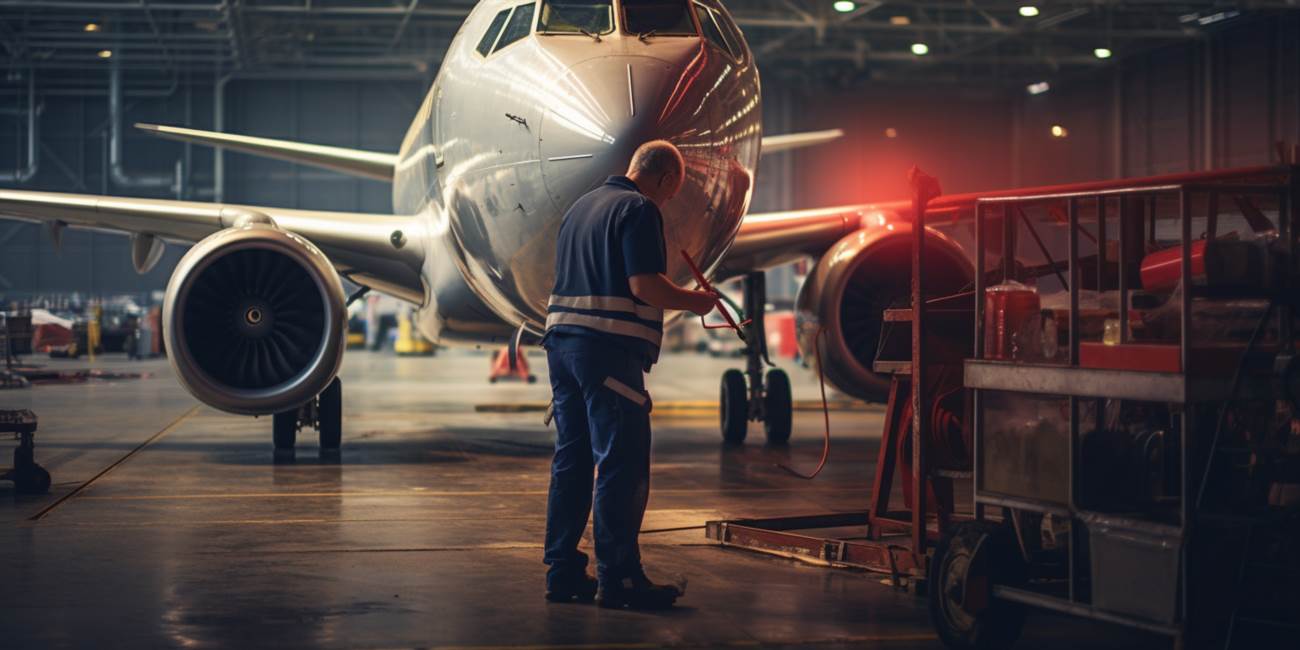
Attention to detail is the cornerstone of a proficient aircraft mechanic’s skill set. Every nut, bolt, and component demands meticulous scrutiny to ensure the aircraft’s safety and functionality. From inspecting intricate wiring to assessing engine performance, a keen eye for detail is non-negotiable. Even the tiniest discrepancy can snowball into a significant issue mid-flight, underscoring the criticality of attention to detail in this profession.
Effective communication stands as another pivotal skill. Aircraft mechanics collaborate with diverse teams, including engineers, pilots, and fellow technicians. Clear and concise communication is crucial for conveying technical information, reporting findings, and discussing potential concerns. Precise communication minimizes errors and fosters a cohesive work environment, ultimately contributing to safer skies.
| Teamwork | Problem-solving |
|---|---|
| Collaboration among aircraft maintenance teams is akin to a well-choreographed dance. Each member plays a crucial role, relying on others’ expertise to ensure comprehensive checks and repairs. Teamwork not only accelerates tasks but also harnesses the collective knowledge to address multifaceted challenges efficiently. | Constant troubleshooting is inherent in an aircraft mechanic’s routine. Whether diagnosing a malfunction or resolving complex technical issues, adept problem-solving skills are indispensable. The ability to analyze data, apply innovative solutions, and adapt swiftly in high-pressure situations distinguishes an exceptional aircraft mechanic. |
In the aviation realm, the convergence of attention to detail, effective communication, seamless teamwork, and astute problem-solving forms the bedrock of operational excellence. These soft skills, complementing technical expertise, ensure the safety and reliability of aircraft, underpinning the trust of passengers and industry stakeholders alike.
The need to continuously improve your skills as an aircraft mechanic
Continuous skill enhancement for aircraft mechanics is paramount in the ever-evolving aviation landscape. The demanding nature of this profession necessitates a commitment to perpetual learning, ensuring that maintenance procedures align with cutting-edge standards and innovations in new technologies.
One pivotal aspect is licensure, a foundational requirement that substantiates an individual’s competence and adherence to safety protocols in aircraft maintenance. Upholding licensure mandates ongoing education and skill development, propelling mechanics to stay updated with the latest advancements.
With the emergence of new technologies like advanced avionics systems, composite materials, and automated diagnostic tools, the modern aircraft mechanic faces a transformative era. Mastery of these technologies is crucial to efficiently diagnose, repair, and maintain sophisticated aircraft components.
| Benefits of Embracing New Technologies: | Impact on Maintenance Procedures: |
|---|---|
| – Enhanced efficiency in diagnostics | – Streamlined troubleshooting processes |
| – Improved accuracy in repairs | – Precision in maintenance tasks |
| – Reduced downtime for aircraft | – Enhanced safety measures |
Embracing continuous education not only ensures compliance but also bolsters an aircraft mechanic’s credibility and expertise. Staying updated with new technologies and evolving maintenance procedures not only elevates personal proficiency but also fosters a culture of safety and reliability within the aviation industry.

